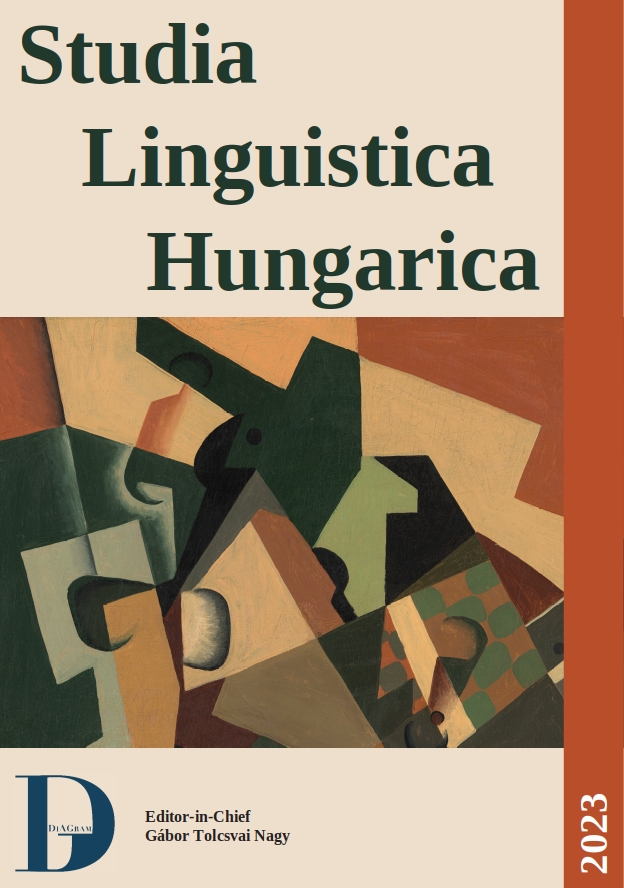Code-switching as a natural phenomenon among learners of foreign languages
DOI:
https://doi.org/10.54888/slh.2023.35.87.106Keywords:
code-switching, multilingualism, Hungarian L1, German L2, English L3Abstract
Code-switching has long been regarded as a detrimental effect of being able to speak more than one foreign language. It is a widely accepted fact that the simultaneous acquisition of two or more foreign languages will make students code-switch more often compared to those learning only one foreign language at a time. Contrary to the common misconception that bi- or multilingualism through instruction would be any different in contrast to bi- or multilingualism acquired at home, bi- or multilinguals’ languages “act” similarly regardless of how they have been acquired. Code-switching can impede and aid foreign language learning at the same time. If code-switching is considered a phenomenon that should be avoided, some EFL teachers tend to make conscious steps to help students discard their code-switches. However, if code-switching is treated as it is, merely a natural phenomenon occurring to multilinguals, then, instead of needing to fix it, it can simply be observed. On the one hand, this study summarises some general findings about code-switching, which can also be observed among students born into monolingual families. The second part of the study is a linguistic analysis of a German L2 – English L3 code-switching phenomenon among Hungarian learners of English. The
third part of this paper is an educational outlook highlighting the challenges faced by learners, especially young multilinguals.

